Why Purpose Equity – Part 2
Fast forward from Part 1 seven years, to the summer of 2020. We were in the process of helping a business owner consider his exit options. A friend connected us with Tim, who owned a commercial repair subcontractor, after he had received numerous calls from private equity groups and other who were interested in buying his business. Tim had started his business with a truck and a prayer. Sixteen years later, had built it to 90 trucks around the Southeast. His revenue and lifestyle were far greater than he could have ever expected. Tim felt passionately about his business as a mission, and he already knew what he wanted to do after he exited – he had plans to become a full-time chaplain for a local police department. But what he did not know was how to walk through the process of selling his business, or how to integrate his faith into the deal.
We came alongside Tim, first to listen (we have learned that these transactions are far more relational than transactional). We listened to his multiple, potentially disparate, goals – (1) maintaining the lifestyle he and his wife wanted, (2) taking care of his guys with life-changing bonuses as part of the transaction, (3) continuing to use the business as a mission field, (4) maximizing the value of the business, (5) completely exiting the business within 5 years to become a full-time chaplain, and (6) protecting the future of the business from market forces that were starting to impact it.
We worked with multiple buyers to get numerous offers earlier in the year, and decided we wanted to wait until the impact of COVID became more obvious before we decided to seriously consider offers. Six months later, in July of last year, we went back out to the two acquirers who were the top two contenders and asked for updated offers. One came back the with the same number as six months earlier, but the other came back 50% higher! It became obvious who was going to win the “money race”, but we still needed to negotiate all the non-monetary aspects of the deal.
As a strong Christian, Tim believed firmly what we believe; that it is not all about the money. We have known plenty of “rich guys” that wreck their family or are otherwise miserable because they focused on the money and not the truly important things. To that end, Tim was insistent that we find a way to weave his faith into the deal.
Tim had been sending daily, text-message devotionals to his 100 or so employees across the Southeast for some time. And Tim had already been evangelizing the president of the buyer as part of the negotiation process. After we discussed our options, the solution became readily apparent – we wanted the right to send those daily, text-message devotionals to all 3,000 employees of the buyer. The buyer, a national roll-up backed by a private equity group, was open to the discussion. After some negotiations, we determined that he would allow the text messages devotionals to be sent, but the employees would have to “opt in” to receive them. Now, over 1,000 of those employees are receiving daily devotionals.
This negotiation made us realize that business owners do not necessarily have to compromise. It is possible to achieve all the goal you set for yourself, your business, and your family if you are thoughtful about it and work hard at it. But you must start by knowing what those goals are, and then determining how best to get there. And that’s where our firm’s mantra comes in. It is the definition of wisdom from J.I. Packer’s book, Knowing God: “Wisdom is the power to see, and the inclination to choose, the best and highest goal, together with the surest means of attaining it.” Purpose Equity’s aim – it’s reason for being – is to help business owners find their best and highest goal for their business, and then seek the surest means of attaining those goals. That is why we founded Purpose Equity.
